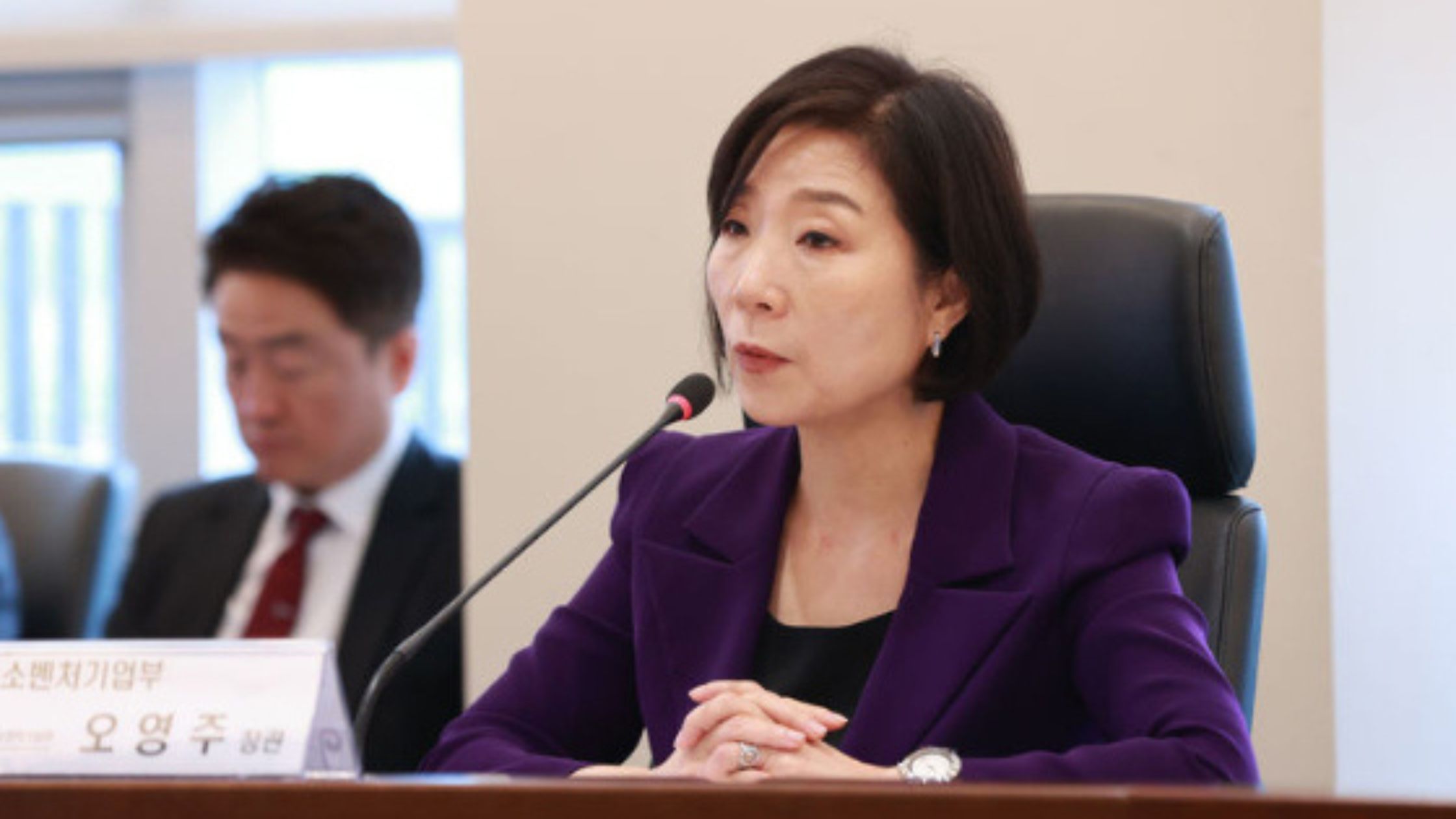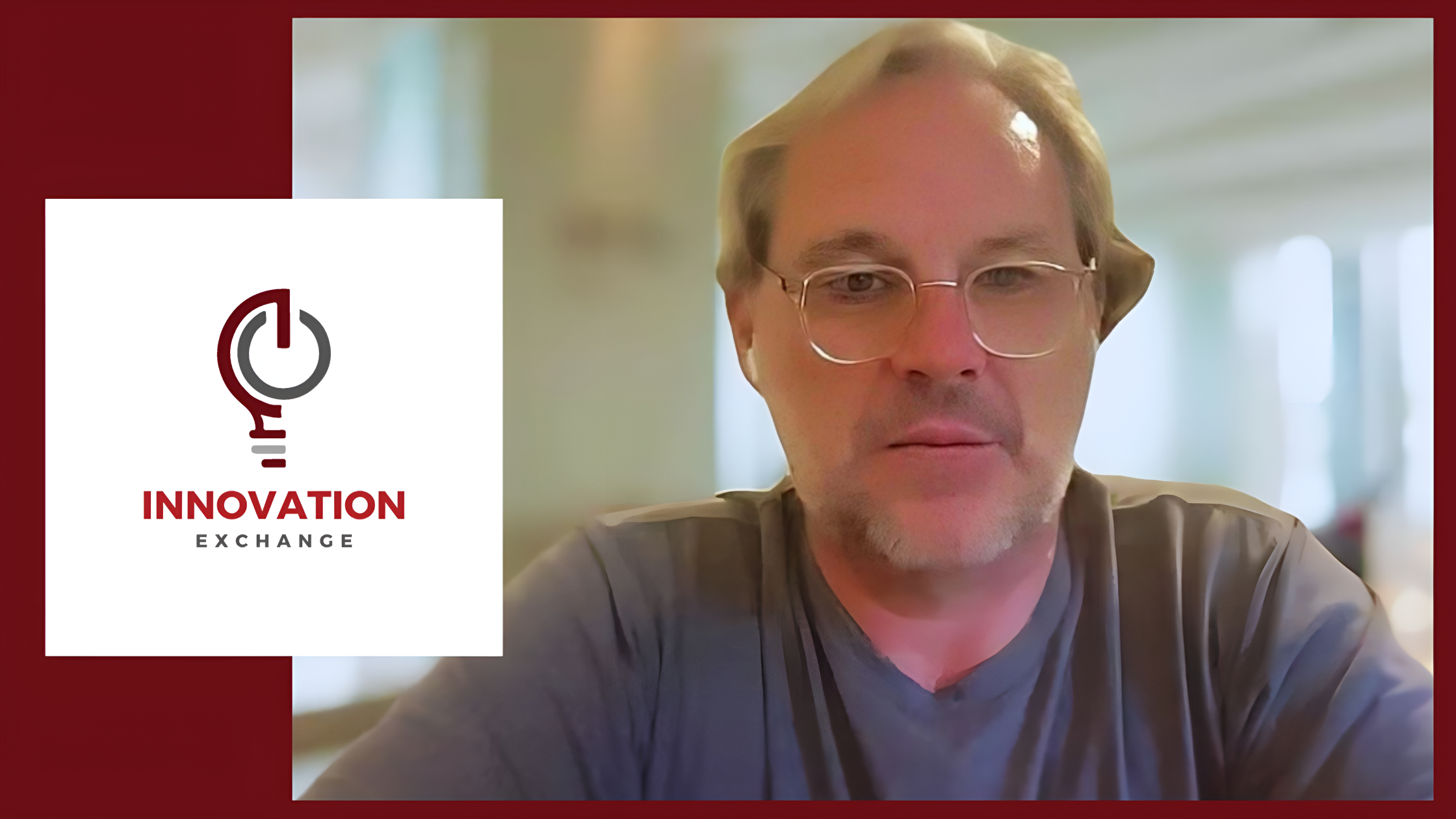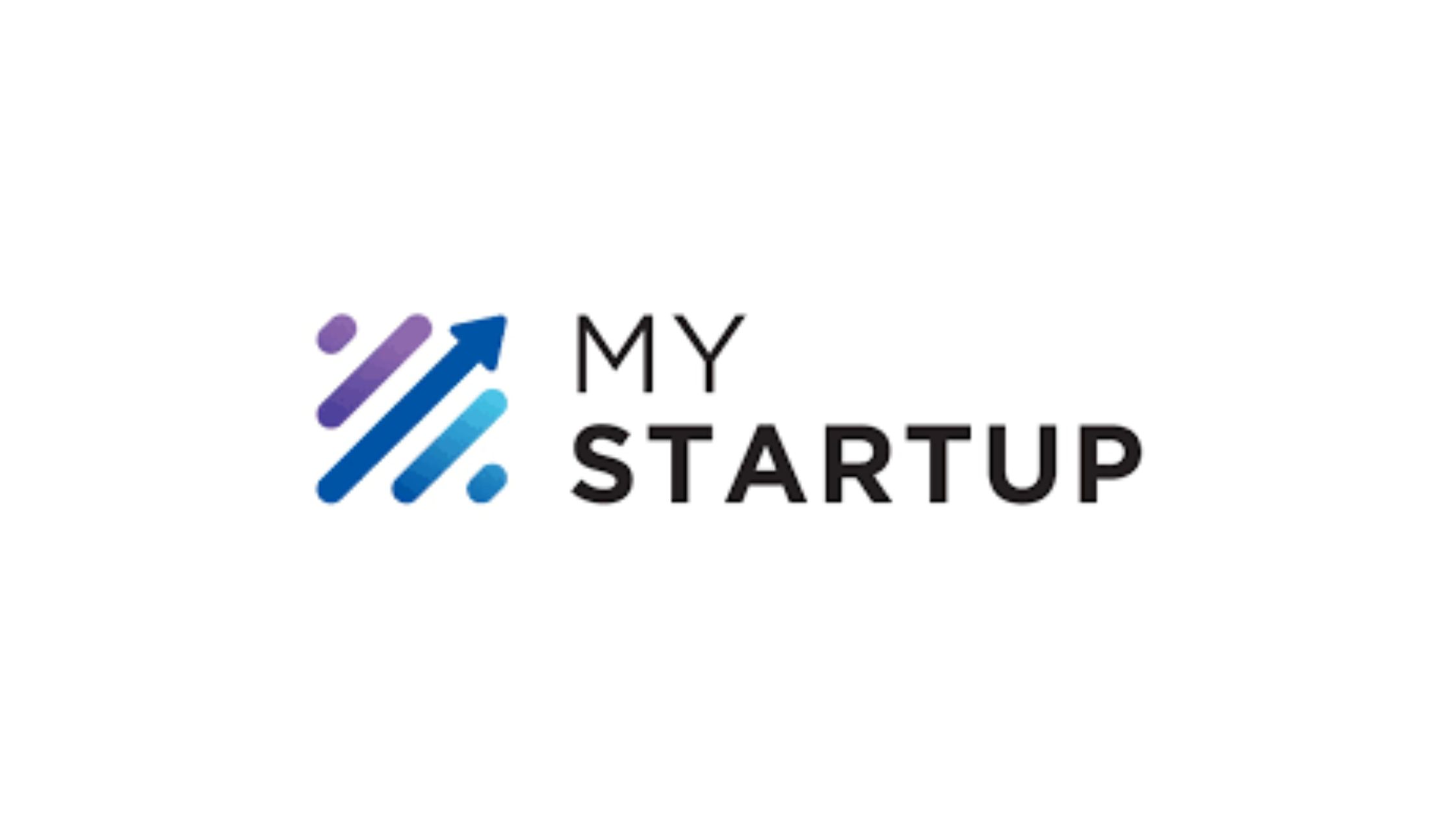AsiaTechDaily – Asia's Leading Tech and Startup Media Platform

Startups should focus on value add rather than amount of investment, says Sharon Lou, partner, Indelible Ventures
Startup founders are often too focused on the amount of money they can get from an investor that they mostly fail to see the value that other investors have to offer to grow their businesses further.
Sharon Lou, venture partner at Indelible Ventures, considers this as one of the top mistakes that founders commit when raising funds.
“Founders should also evaluate which VC is able to add-value to their growth, rather than just focusing on the amount of money the investor has to offer,” Lou told AsiaTechDaily.
Indelible Ventures is a venture capital firm that invests in B2B SaaS startups that can scale internationally.
The firm targets seed-stage, tech-enabled B2B startups and uses its global experience to help founders expand their businesses across different geographies.
The firm emphasizes the importance of building a strong team with less disagreement and the ability to pivot and change according to the times.
In an interview with AsiaTechDaily, Lou talked about how starting a fund came to her mind and the key focus of Indelible Ventures when evaluating an opportunity, among others. Edited excerpts below:
What background and domain expertise do you have? And when did you first think about starting a fund?
Coming from an entrepreneurial family, the business environment was a natural thing for me. I studied Economics at Boston University and I landed a role at Asia Pacific Venture Capital and Private Equity Alliance soon after graduation, and a few months later, I was asked to head the organization, and that gave me the opportunity to meet many experts and veterans in the field primarily from the Asia Pacific region.
I also had the opportunity to learn firsthand how VC firms put together an investment fund and understood the type of LPs coming together to form a fund. It was a hands-on experience and the learning curve was steep. (Not something you’ll learn from college.)
Later, I switched back to my entrepreneurial roots and started a couple of startups which I have now exited. I have also been involved in developing the startup ecosystem in Malaysia at the Malaysian Global Innovation & Creativity Center (MaGIC).
MaGIC had a memorandum of understanding with Stanford University and UP Global to foster and develop a vibrant startup ecosystem in the South East Asian region. (It was launched by President Barack Obama and the Prime Minister of Malaysia in 2014.)
What types of companies/sectors do you look to invest in? and what’s your mental model for investing?
Currently our focus at Indelible Ventures is on B2B SAAS seed-stage startups that can scale internationally.
The key for us, when we look at an opportunity, is to evaluate the people, the process, and the product. As our investments are at the seed stage level, these components give us a better understanding than numbers if they will succeed or not.
If the founders and the team are agile and resilient, it is more likely they will succeed because they can pivot or change according to the times. Given these qualities, it makes it easier for us to apply our value-add approach and commit to being a partner that leverages our network and experience.
What is your typical investment range and how many startups do you invest in per year in general? Additionally, can overseas-headquartered startups get funding from you?
It depends on the stage and requirement of each startup, and we usually get in early so we get the best deal out of it. Currently, we have 7 startups in our portfolio and yes, we welcome startups that are based abroad as well.
What would be the KPI that you usually check about the startups’ growth? It may be diverse in each industry like LTV, CAC, MoM, etc. but it will be helpful to understand more about your additional investment factors.
Aside from checking the relevant KPIs periodically, we also want to understand what are the roadblocks and challenges and how the team is getting along with each other. A good team with less disagreement gets ahead further than a team that is constantly fighting over something.
Right after being an investor like in the early days, there must be some tough times in building up the first fund along with building up a second fund or giving back good returns to those LPs. If there is any similar tough time like this, please let us know more about it and how you (or your team) overcome the difficult times.
The secret ingredient is really not to give up and keep plowing through. While we all are very vigilant with our investment performance, we also keep our LPs well-informed and up to date constantly.
Additionally, do you have any other advice for anyone looking to start a fund?
Your investment thesis should be based not just on what is trending but on your own knowledge of the vertical and personal interest as well. Then, you can run the marathon and not just the sprint.
What mistakes do you see founders make when raising money?
Founders should also evaluate which VC is able to add-value to their growth, rather than just focusing on the amount of money the investor has to offer.
What’s your advice to entrepreneurs who have a chance to meet investors like you? What are the top 3 questions that you always ask the founders?
Focus on building your startup and don’t be afraid that someone is going to steal your idea. No one will because everyone is busy with their own thing. There may be a similar product in the market, and when there is competition, it means that there is a demand for it.
An investor is there to help you succeed, so don’t be afraid to share the challenges you are facing or ask for help.
Top 3 questions.
1. What led you to build this startup?
2. What are your next steps or plans to get to your next level with and without funding?
3. Do you think you really need an investor? Why?
What’s your general thought about the term “Global” and what are the important factors (criteria) for local startups to consider for international expansion?
First of all, global means that the solution that the startup is offering is applicable to other markets in addition to their home market. When considering an international expansion, startups need to understand the regulations and legislation to operate in the country.
As much as we all love the thought of being borderless and global, there are still lots of things to consider before a startup is able to go global.
What kind of startup or tech industry will impact the world in the future like 2-3 years locally in your view? (or what tiny/nonexistent markets today will be trillion-dollar markets in 10-20 years?)
I have got to say B2B SAAS just because we are focused on that! But essentially, the growth of B2B SAAS has seen exponential growth in recent years and often B2B SAAS startups outperform their own expectations. It is believed 78% of companies are running purely on B2B SAAS as of 2022.
The global SAAS market itself is valued at US$215.10 billion in 2021, and is projected to grow from US$251.17 billion in 2022 to US$ 883.34 billion by 2029, exhibiting a CAGR of 19.7%. The growth is attributed to several factors, such as the adoption of public and hybrid cloud-based solutions, interaction with other tools, and centralized driven data analytics.
In addition, creating business strategies through partnership and collaboration by key players for business development create ample market growth opportunities. The impact of the Covid-19 pandemic obviously has also increased the demand and adoption of cloud-based services. All in all, the demand and growth is on the upward trend for at least the next decade or so.
What are the top three life lessons that you want your (future) sons and daughters to know?
1. Practice kindness, empathy, and compassion. Be grateful. It never fails.
2. Be yourself and don’t be afraid to voice your opinion.
3. Remember success is not always measured by material wealth.





